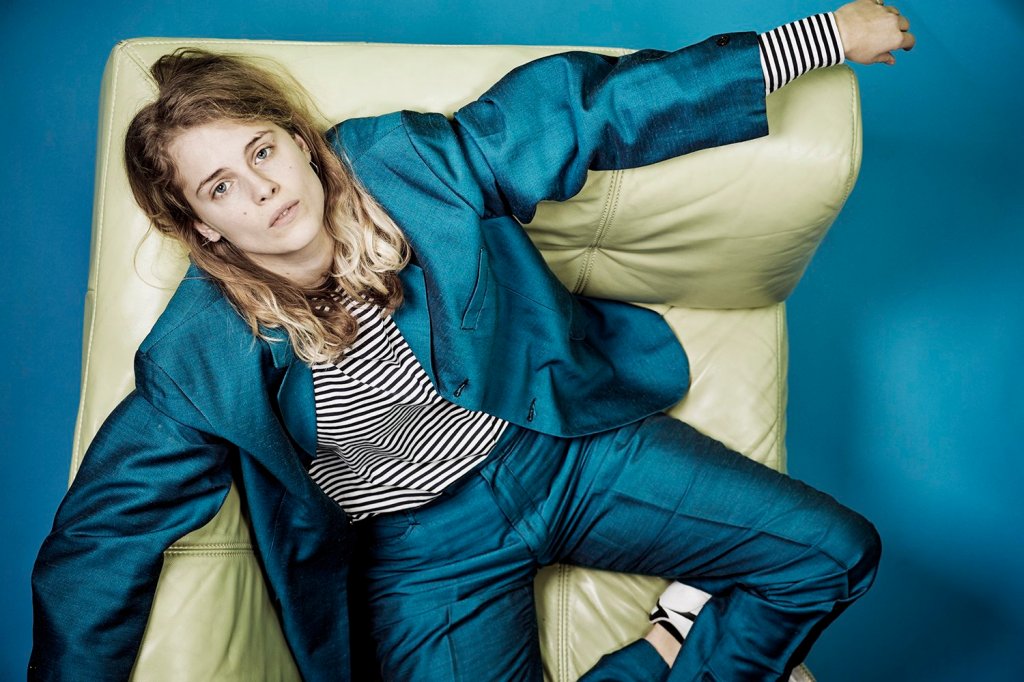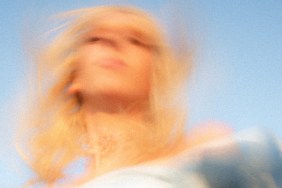Marika Hackman is having a good day. “It’s sunny in London and it’s nice and I’m sitting on my bed and I’m feeling lovely,” the singer-songwriter says, brightly. Of course, she also has the additional advantage of a brilliant new record up her sleeve: I’m Not Your Man, her second full-length, is due out this June. A marked change of pace for the…

The festival landscape has undergone major upheaval in the last three years, and Covid’s long-term impact on the music industry…











